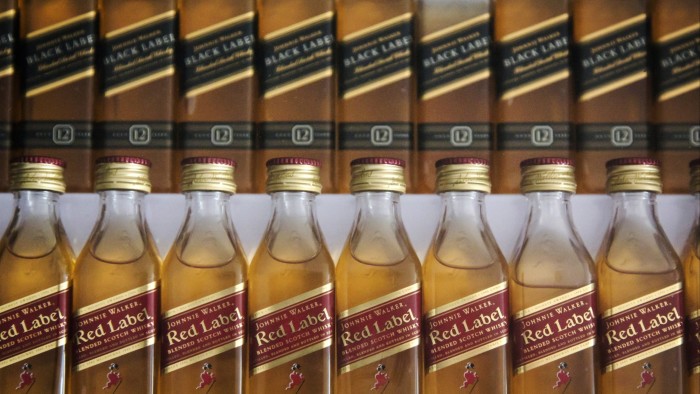New Opportunities for Scotch Whisky in India
Nishant Sharma, a businessman originally from Punjab, India, has experienced a remarkable journey from dishwasher to entrepreneur. Nearly two decades after relocating to Glasgow, he founded Rutland Square, a spirits company named after the location of India’s consulate in Edinburgh. The recent UK-India trade deal is set to redefine his business trajectory.
Historical Connections and Modern Ventures
The recent trade agreement clears avenues for expanding exports back to Assam, where Sharma’s great-grandfather learned distillation from a Scottish officer. For over three years, Sharma has been creating a unique gin infused with Assam tea, targeting Indian consumers via duty-free retail channels.
Impact of the Trade Deal
Previously, high tariffs in India posed significant obstacles for craft distilleries like Rutland Square. The new trade deal reduces tariffs on Scotch whisky imports from 150% to 75%, further decreasing to 40% after ten years. Despite the absence of reductions on additional Indian state tariffs, the deal represents a substantial shift.
According to the Scotch Whisky Association, the elimination of these trade barriers could potentially boost exports to India by £1 billion within the next five years, capitalizing on the growing middle-class demand for premium whisky and gin.
Current Market Dynamics
India is now the leading market for Scotch exports by volume, with an estimated 192 million bottles expected to be sold in 2024, representing 13.7% of all global exports. However, in terms of value, it ranks fifth, at £248 million, starkly lower than the US market.
As the spirits industry faces challenges, including fluctuating consumer preferences and rising production costs, this trade deal provides a timely opportunity for growth.
Industry Reactions
Diageo, the largest Scotch whisky producer, welcomed the trade agreement. CEO Debra Crew emphasized its significance, stating that it could transform the Scotch market while benefiting job creation and investment in both India and the UK.
Future Projections
According to analysts at Goldman Sachs, this tariff reduction could lead to modest increases in earnings per share for major players like Diageo and Pernod Ricard. While the deal’s potential impact is evident, researchers caution about ongoing challenges in global spirits demand.
As smaller distilleries gear up to navigate the Indian market, the lowered tariffs provide an unprecedented opening for competition. Smaller brands are poised to emerge alongside established giants, enhancing the diversity of Scotch available to Indian whisky enthusiasts.
Conclusion
The UK-India trade deal not only marks a turning point for Scotch whisky exports but also embodies a broader narrative of cultural and economic exchange. As the industry adjusts to these changes, the long-term implications could not only reshape market dynamics but also provide new avenues for growth and innovation in both countries.


